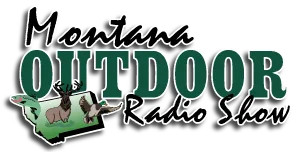State health officials are asking the public to be cautious and take steps to prevent exposure to highly pathogenic avian influenza (HPAI) this spring by avoiding contact with sick or deceased poultry or wild birds.
“Despite detecting HPAI in birds and mammals, the risk to human health is currently low,” said Department of Public Health and Human Services (DPHHS) influenza epidemiologist Devon Cozart. “However, in order to keep it that way, we are encouraging people to be mindful of their interactions with both domestic poultry and wild birds.”
Cozart explains that influenza viruses, in this case H5N1, can frequently mutate. “That’s what gives some influenza viruses the ability to circulate seasonally,” Cozart said. “The more frequently H5N1 encounters a new species, the more likely it is to adapt to infect that species. That’s why we’re seeing some carnivores and scavengers infected with HPAI – because they are likely to eat sick or dead birds.”
Since late 2021, the Montana Departments of Livestock (DOL) and Fish, Wildlife & Parks (FWP), have been monitoring wild and domestic birds in Montana for HPAI.
HPAI causes severe disease and high mortality among domestic birds such as chickens and turkeys. Some wild bird species can also experience high mortality from HPAI infection, but other wild birds, such as waterfowl species, may also carry HPAI without symptoms.
Officials with DOL and FWP predict that the disease will continue to circulate during the spring migration of waterfowl.
Though millions of birds have been infected with HPAI since 2021, fewer than 10 cases of H5N1 in humans have been associated with this outbreak worldwide, including one case in the U.S.
No sustained human-to-human transmission of this strain of H5N1 has been documented; human infections are rare and this HPAI is currently considered by scientists to be poorly adapted to humans.
Wild and domestic birds can potentially spread HPAI through saliva, mucous, and droppings. While most of the animals infected with H5N1 have been poultry and wild birds, recent detections of H5N1 have occurred in Montana and other states. In Montana, small numbers of bears, foxes, raccoons, and skunks have been affected.
Individuals with occupational or recreational exposure to ill or dead poultry and wildlife are at higher risk of infection, but all Montanans are encouraged to avoid handling sick or dead birds when possible.
To protect yourself from HPAI, Montana health officials recommend the following:
- Avoid contact with poultry and wild birds if they appear ill or are deceased.
- If you suspect an outbreak of HPAI in your own poultry/domestic animals, or if your flock experiences sudden die off, contact the Montana DOL at 406-444-2976.
- If you encounter injured or deceased wild birds, contact your local FWP office or FWP wildlife health program in Bozeman at 406-577-7882.
- Contact FWP or your local animal control to report a wild mammal displaying unusual behavior that could be caused by HPAI infection.
- If you must handle a wild bird or sick or dead poultry, take protective measures. Do not handle the animal with bare skin. Wear gloves and wash your hands thoroughly with soap and water after contact. Respiratory protection (such as a facemask) and eye protection (such as goggles) are also highly recommended.
- Hunters who come into regular contact with waterfowl or wild poultry should take care when dressing a carcass. Use gloves, as well as face and eye protection when possible.
- If you have exposure to a sick or dead bird:
- Anytime contact is made with a bird or mammal that is suspected to be infected with HPAI, you are encouraged to reach out to your state or local health department for guidance and self-monitor for symptoms.
- If you develop flu-like symptoms such as fever, chills, cough, sore throat, body aches, headaches, eye redness, or shortness of breath within 10 days of contact with a sick or dead bird, contact your healthcare provider and inform them of your recent exposure. You can also contact your local health department to arrange for testing.
- Backyard flock owners should stay current with the U.S. Department of Agriculture’s Biosecurity recommendations to reduce the likelihood that your flock will come into contact with HPAI.
- Other protective measures you can take to avoid exposure to HPAI include:
- Avoid direct contact with surfaces that appear contaminated with feces from wild birds, domestic poultry, or mammals.
- Thoroughly cook poultry products, including eggs, to an internal temperature of 165⁰F. It is safe to eat properly handled and cooked poultry and eggs. Proper cooking kills influenza viruses as well as many other pathogens, such as Salmonella.
- Everyone 6 months and older should receive an influenza vaccine annually, especially individuals who work or recreate closely with swine or poultry. Seasonal influenza vaccination reduces the potential for humans or animals to get sick with more than one type of influenza virus at the same time, which reduces the chances of HPAI becoming transmissible in humans.
To learn more, go to the U.S. Department of Agriculture’s website about HPAI in the U.S. here: commercial and backyard flocks, wild birds, and mammals. Or, go to the CDC website here: current situation summary for HPAI.



